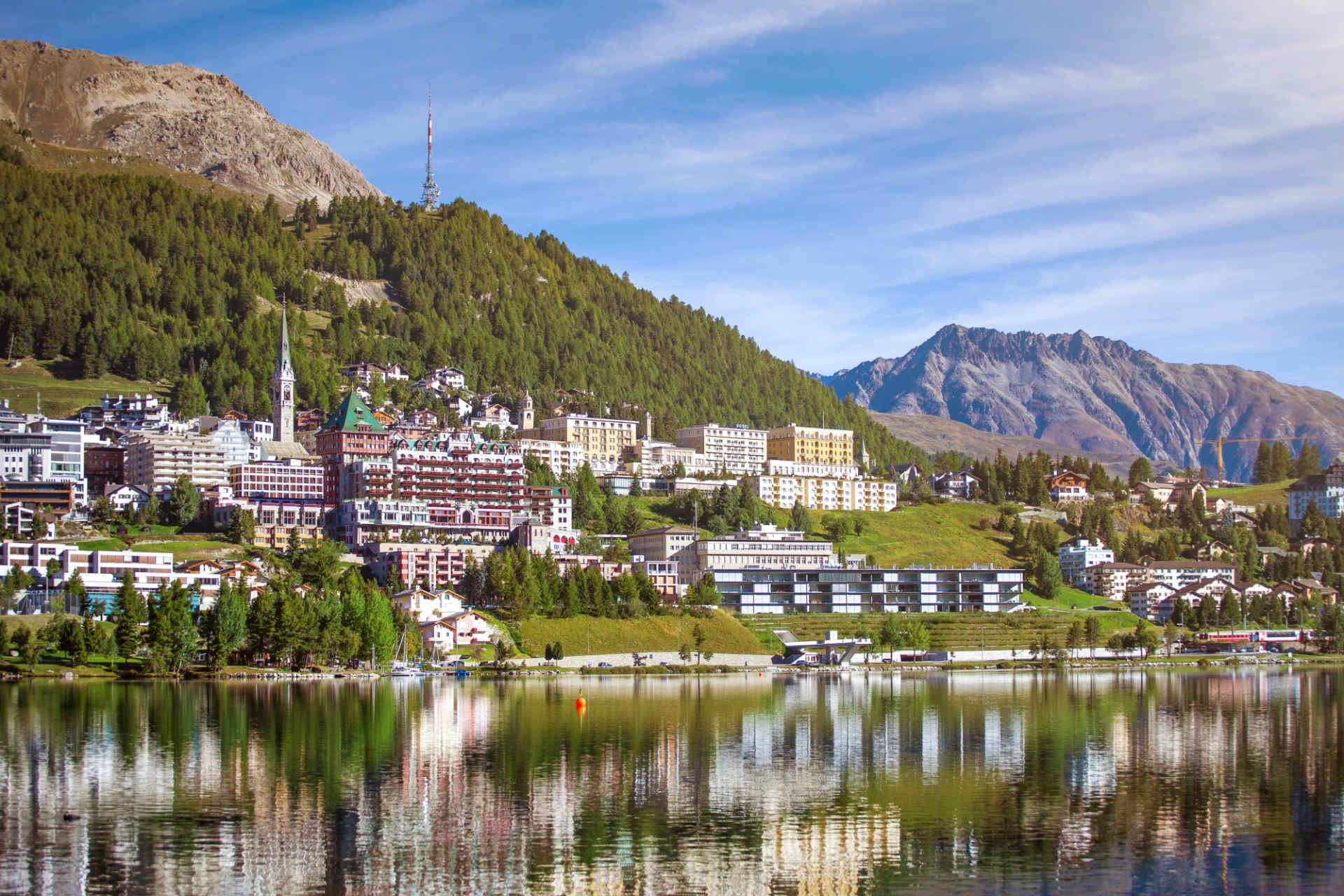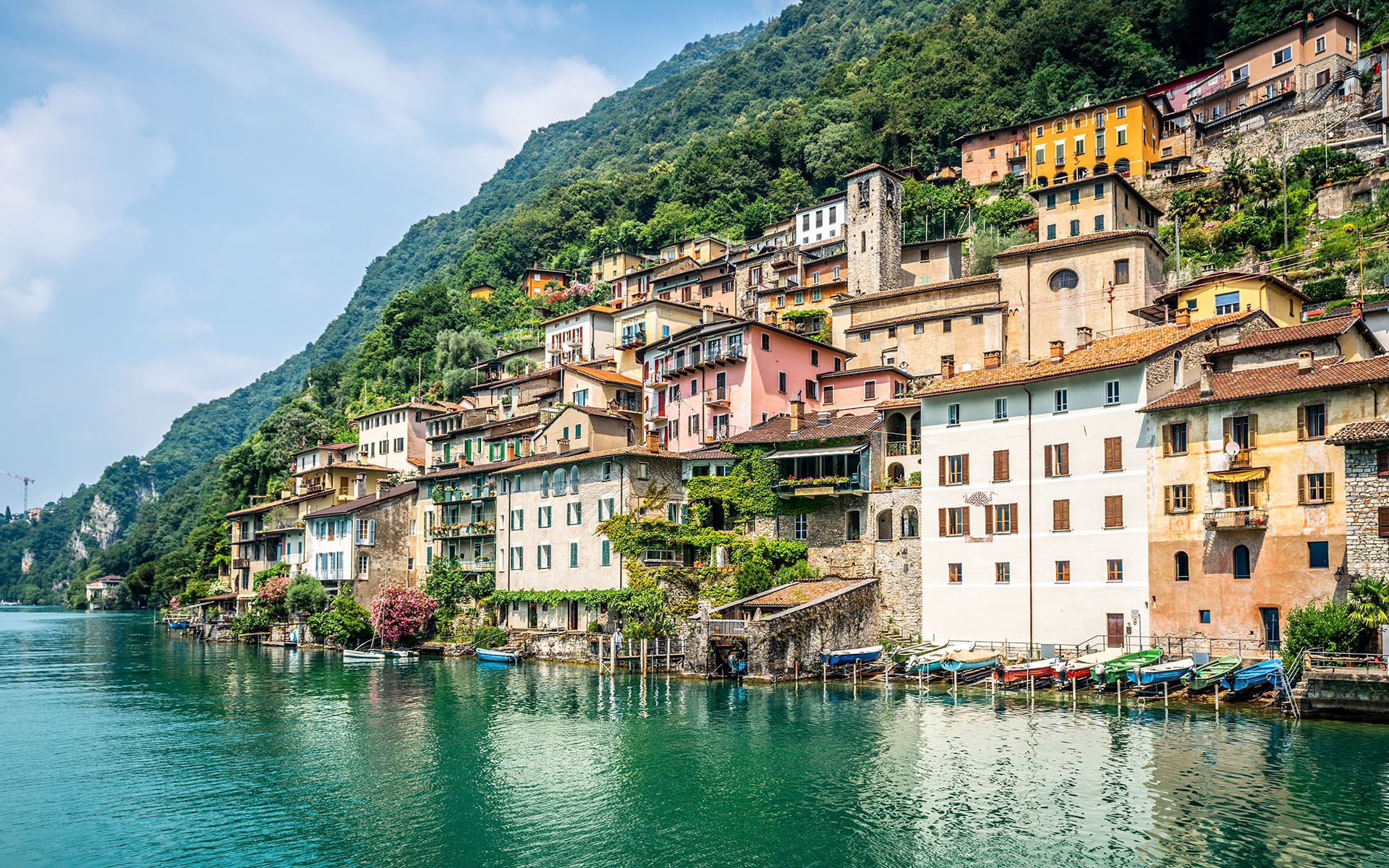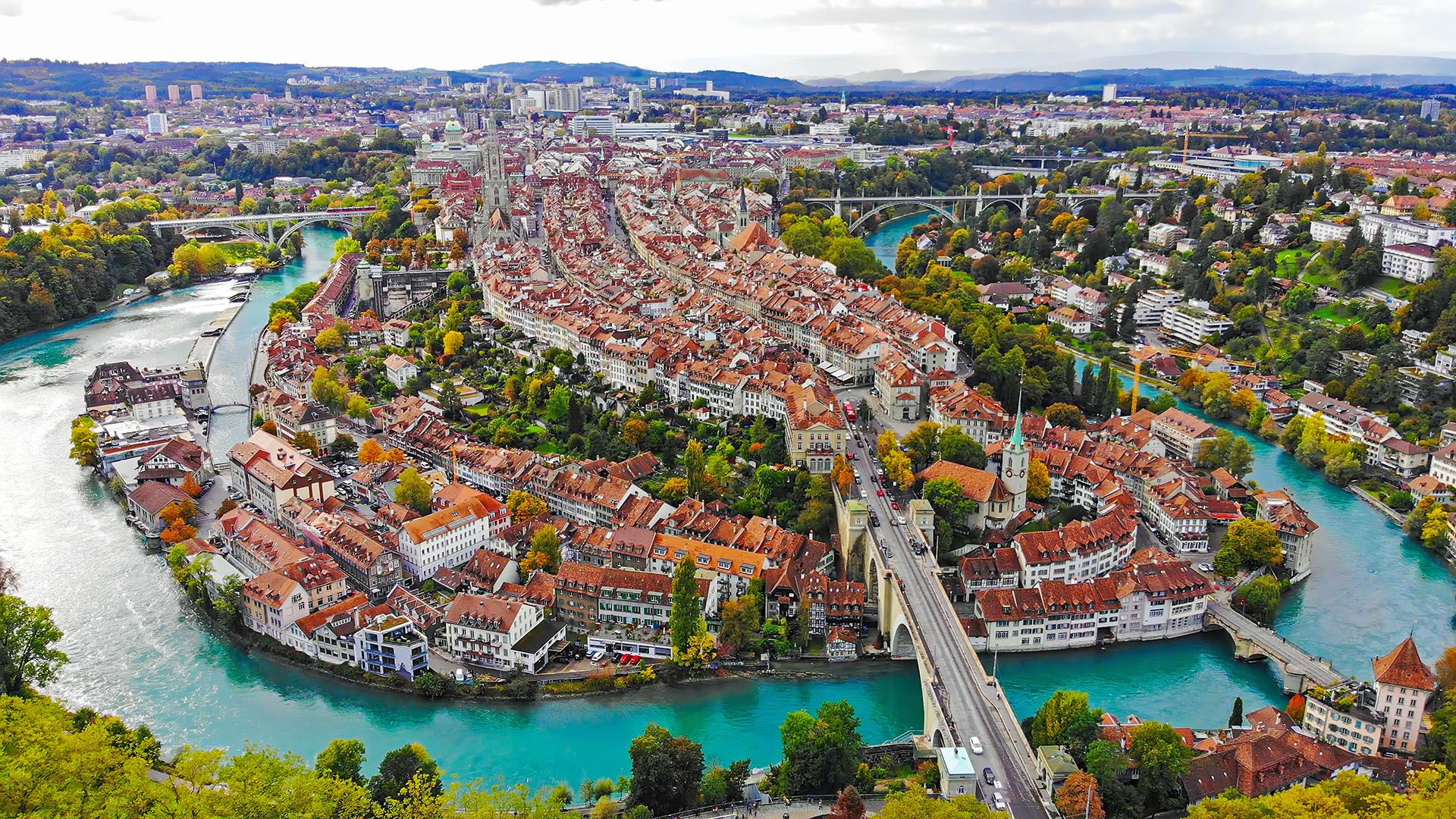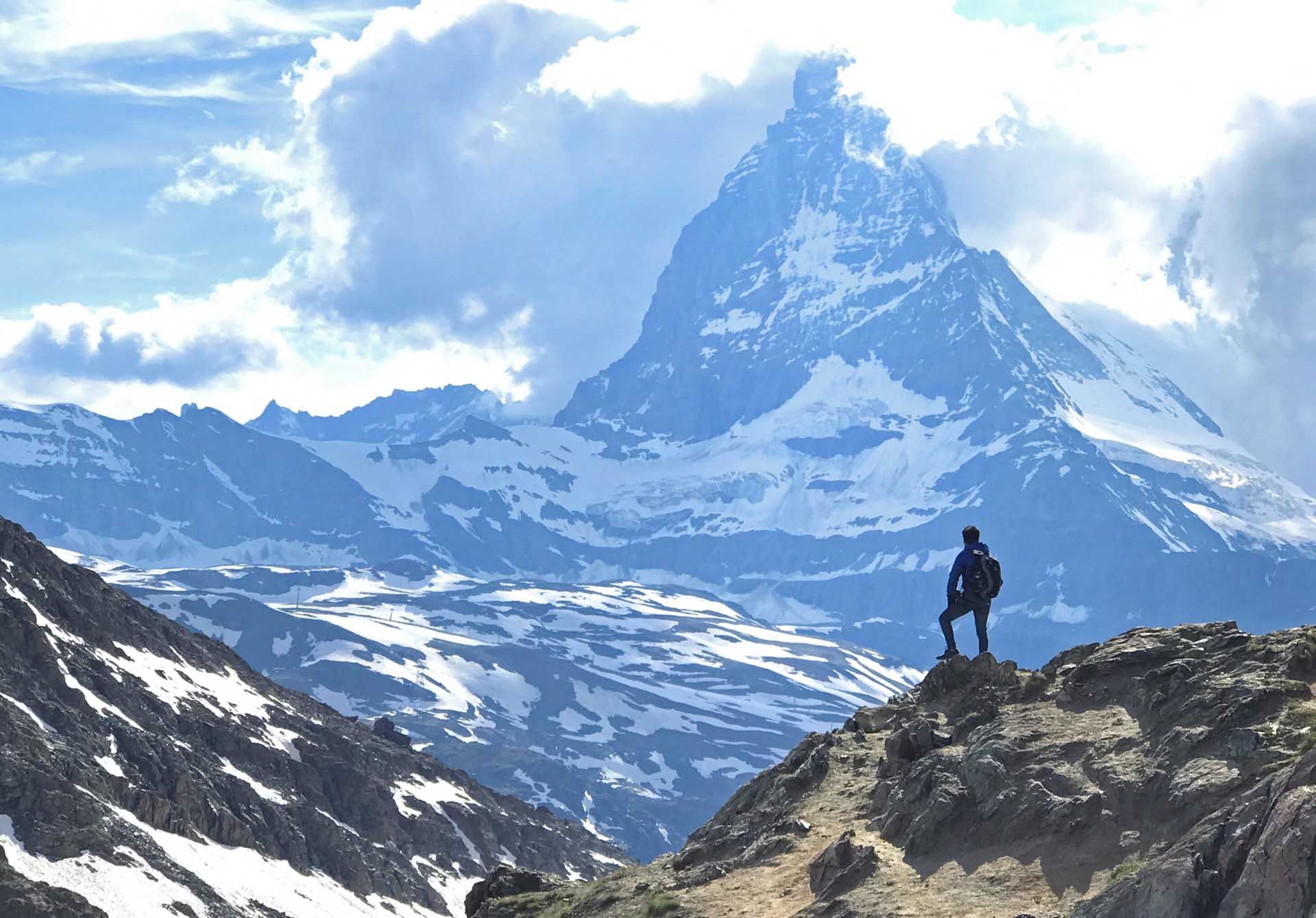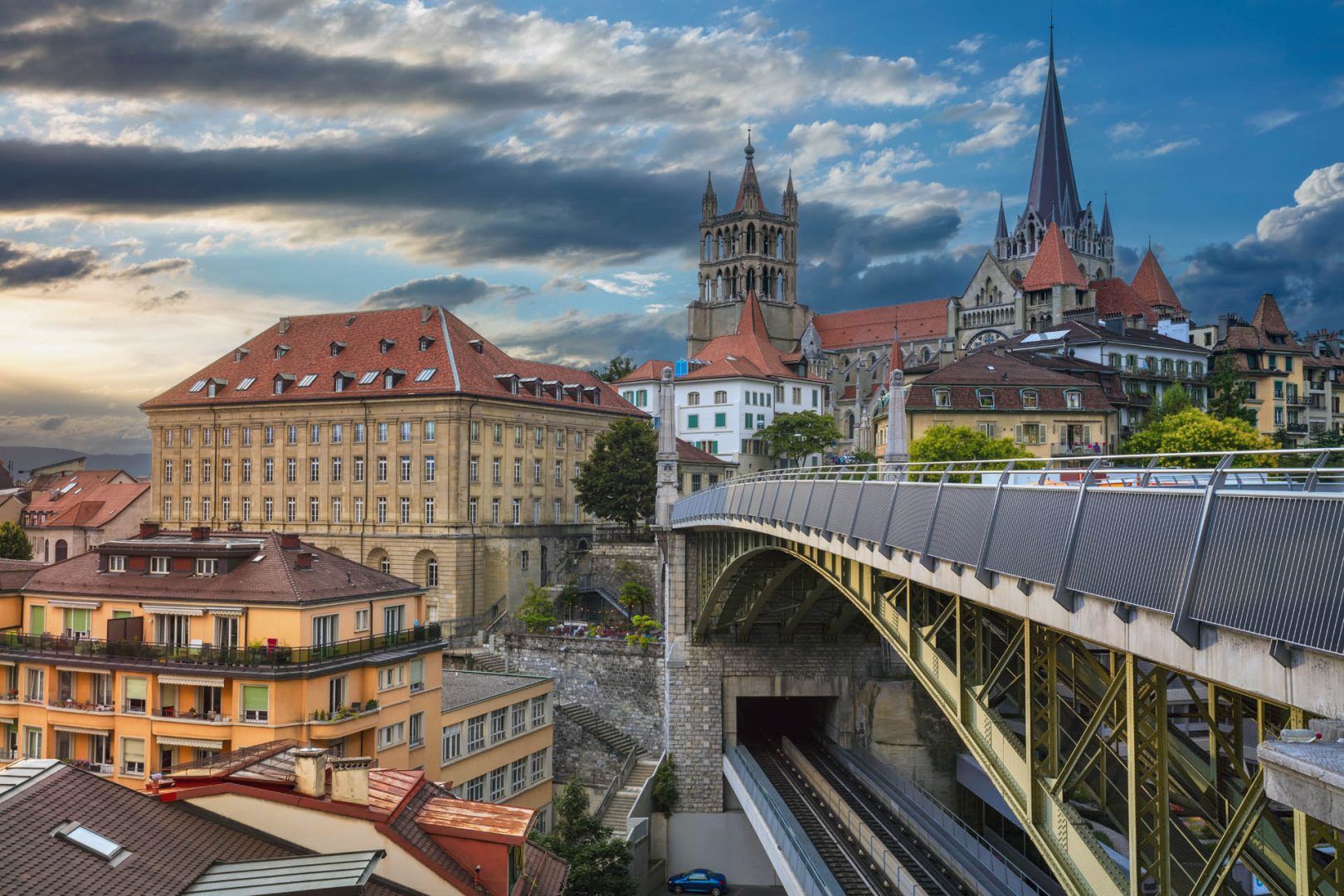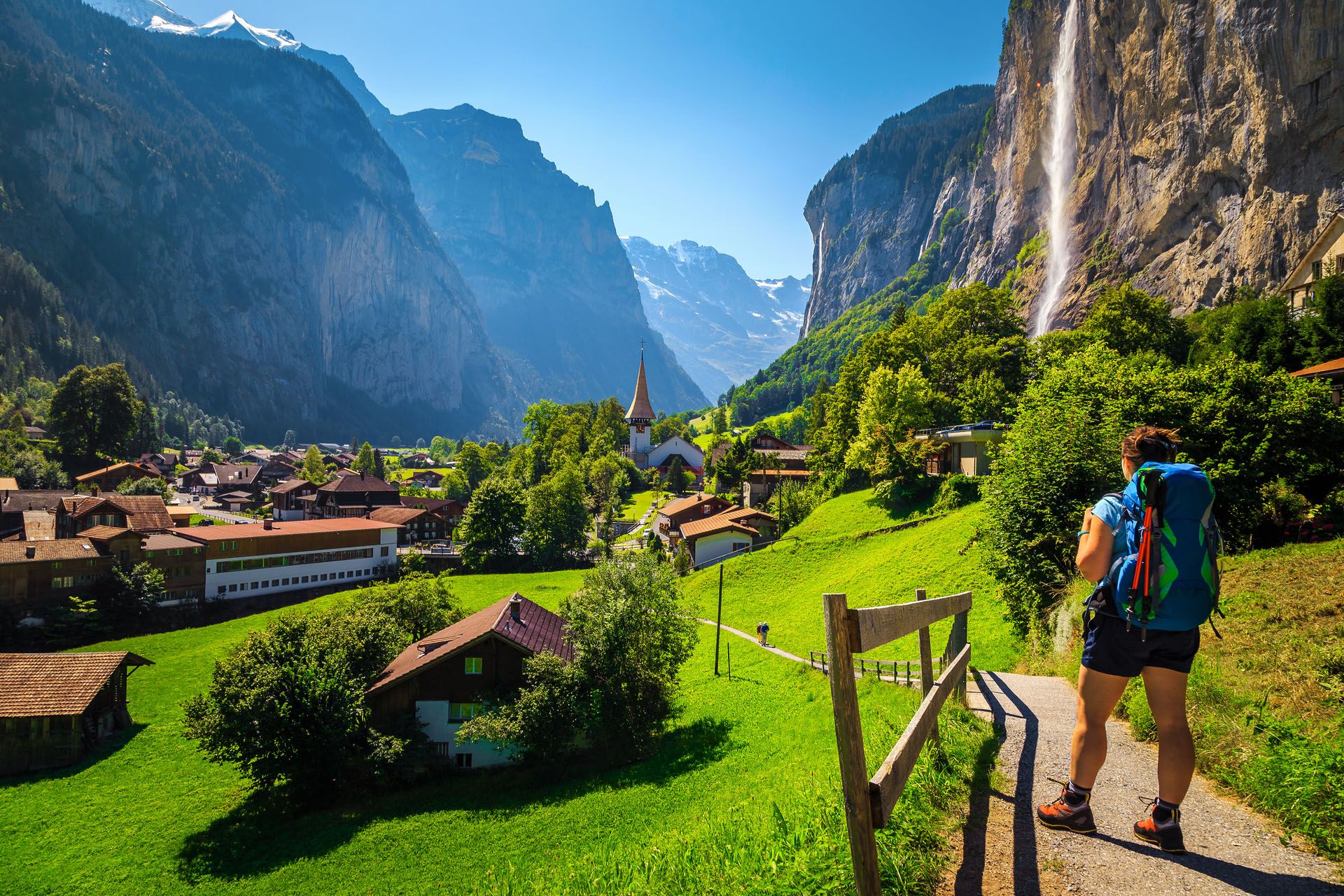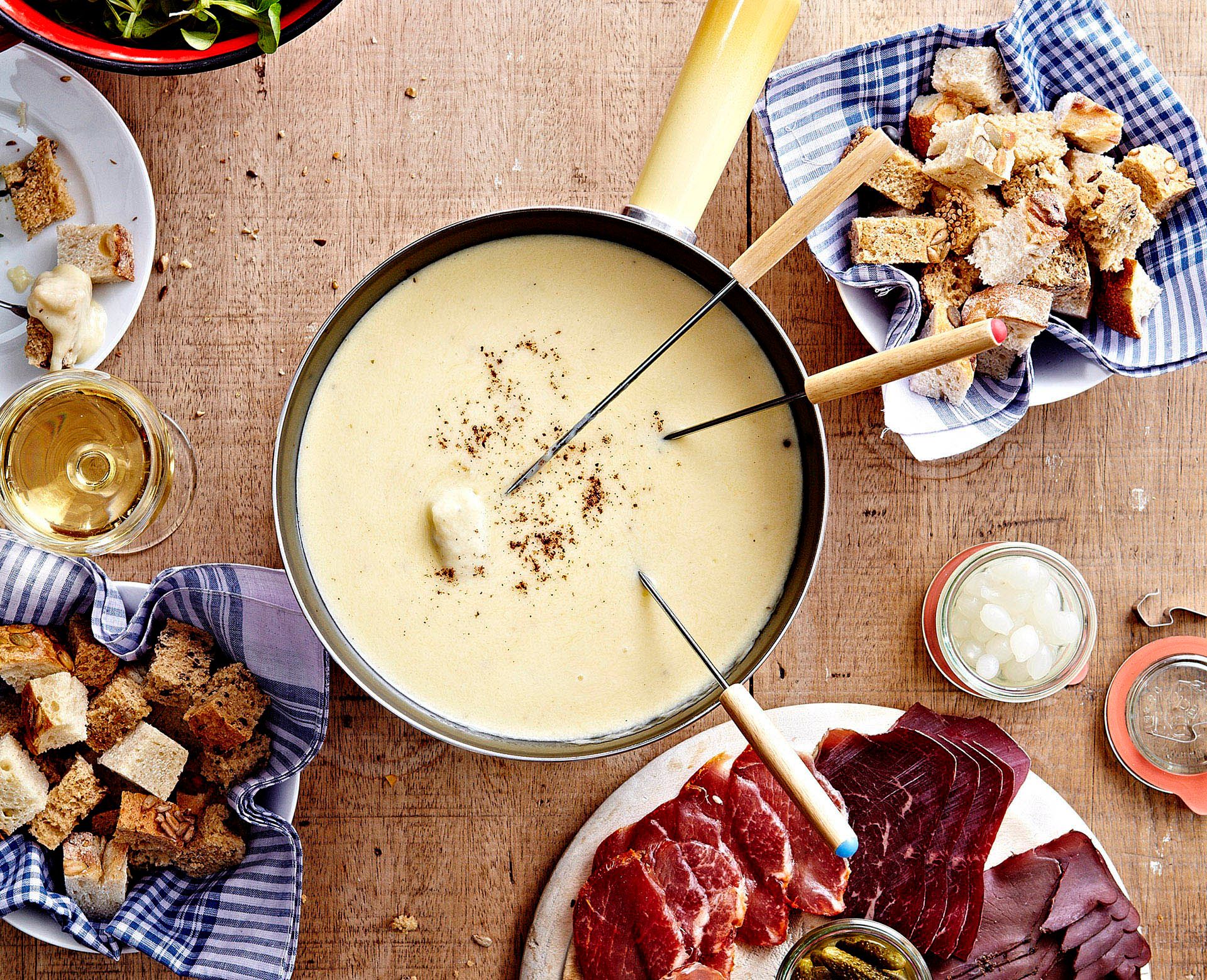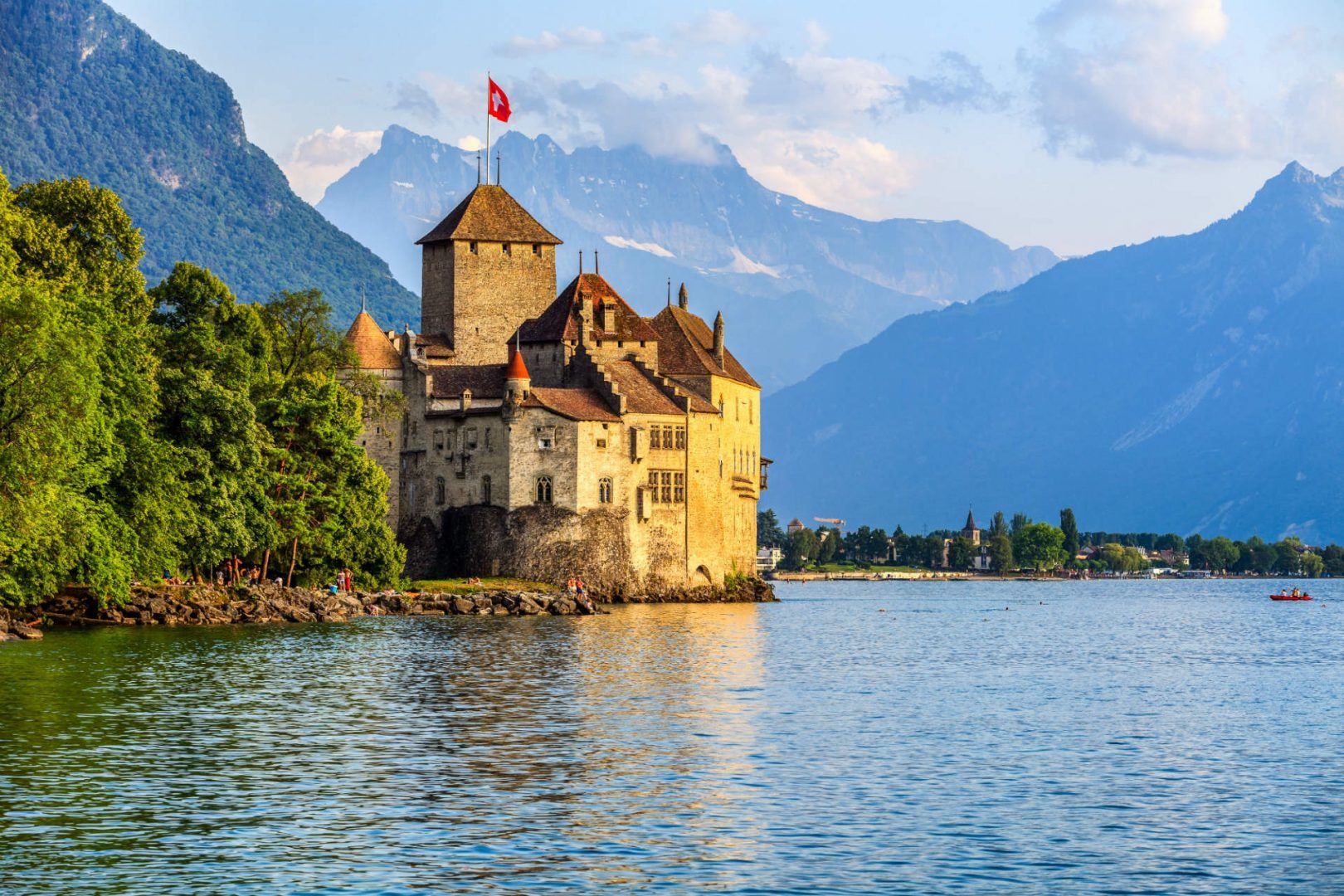Money
Prices in Switzerland and Liechtenstein are in Swiss francs. The most common abbreviation is “Fr", but you may also see “fr”, “sFr”, “Sfr”, “SF”, “FS”, or the official bank abbreviation “CHF”.
Each franc is divided into 100; these are called Rappen (Rp.) in German-speaking areas, centimes (c) in francophone areas, and centesimi (also c) in Italian-speaking areas.
There are coins of 5c, 10c, 20c, 50c, Fr.1, Fr.2 and Fr.5, and notes of Fr.10, Fr.20, Fr.50, Fr.100, Fr.200 and Fr.1000.
Tourist brochures often quote hotel prices in CHF and EUR – be sure to check which column you’re reading.
Almost all Swiss banks have English-language ATMs (cash machines) which accept foreign debit and credit cards in a panoply of brands including Visa, MasterCard, EC, Maestro, Cirrus and Plus.
The best place to change cash is usually the desk beside the ticket counters at larger train stations. Rates are identical with the banks, no commission is charged (except at some airport locations), and they’re usually open seven days a week for long hours.
Travellers’ cheques — best purchased in euros, US dollars, sterling or Swiss francs — can only be cashed at bureaux de change in larger stations, and at banks.
Opening hours and public holidays
Outside larger towns you’ll find most shops and services take a break between noon and 2pm to allow staff to go home for lunch. Otherwise, shop opening hours are roughly Monday to Friday 9am to 6pm, Saturday 9am to 4pm.
Quiet Sundays are sacrosanct. Most towns have late opening until 9pm for one day a week, often Thursday. Exceptions to all this are shops and cafés located beside or within train stations, which generally open daily for long hours.
Banks in cities generally open Monday to Friday 8.30am to 4.30pm, sometimes with a break for lunch. Town and village branches have shorter hours.
Many museums and public attractions close on Mondays, and most cantons supplement national public holidays with local religious holidays.
Liechtenstein has the same Swiss public holidays except 1st August’s Swiss National Day. Liechtenstein’s national holiday is on 15th August. It also celebrates Tag der Arbeit on 1st May.
